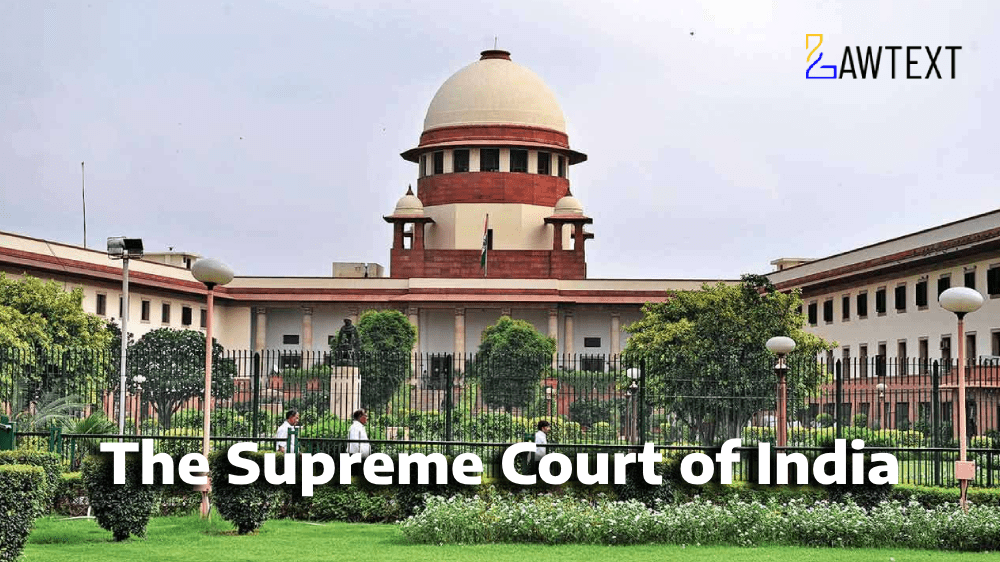CASE NOTE & SUMMARY
Introduction & Context
-
Parties Involved:
- Appellant: C. Selvarani
- Respondent(s): The Special Secretary-cum-District Collector, Puducherry, and others.
- Matter: Denial of Scheduled Caste (SC) certificate under the Constitution (Pondicherry) Scheduled Castes Order, 1964.
-
Relief Sought:
Selvarani sought the issuance of a Scheduled Caste certificate to claim benefits under the SC category for employment purposes.
Background Facts
-
Personal Details:
Selvarani was born to a Hindu father and a Christian mother but was baptized as a Christian shortly after birth.
-
Claim of Caste Status:
- Her father was from the Valluvan caste (Scheduled Caste under the 1964 Order).
- Selvarani argued her family had reconverted to Hinduism, aligning her with the SC community.
-
Controversy:
- Government authorities denied her SC certificate, citing her baptism and continued practice of Christianity.
- The High Court upheld this decision, leading to the present appeal.
Legal Issues
-
Main Legal Question:
Whether Selvarani is eligible for an SC certificate despite being born a Christian and claiming reconversion to Hinduism.
-
Relevant Provisions:
- Article 341: Limits SC reservation to specific castes and religious groups (Hinduism, Sikhism, and Buddhism).
- The Constitution (Pondicherry) Scheduled Castes Order, 1964: Includes Valluvan caste under SC but excludes non-Hindus.
Court's Analysis
-
Factual Assessment:
- Evidence, including baptism records and community testimony, established Selvarani’s active practice of Christianity.
- Her claim of reconversion lacked proof of formal ceremonies or acceptance by the Valluvan caste.
-
Judicial Precedents Considered:
- Soosai v. Union of India (1986): SC benefits are unavailable to Christians.
- Kailash Sonkar v. Maya Devi (1984): Reconversion requires caste acceptance.
-
Legal Interpretation:
Conversion to Christianity entails losing SC status, and its restoration requires clear evidence of reconversion, which was absent in this case.
Judgment
-
Decision:
The Supreme Court dismissed the appeal, upholding the denial of the SC certificate.
-
Reasoning:
- Selvarani’s practice of Christianity contradicted her claim of Hindu SC identity.
- Issuance of an SC certificate without genuine conversion would undermine the reservation policy.
Legal Acts and Sections Discussed
- Article 341 of the Constitution of India: Defines Scheduled Castes.
- Constitution (Pondicherry) Scheduled Castes Order, 1964: Restricts SC recognition to specified castes within Hinduism, Sikhism, or Buddhism.
- Indian Christian Marriage Act, 1872: Referenced for evidence of Selvarani’s parents' Christian marriage.
Ratio Decidendi:
To claim SC status after conversion to Christianity, reconversion to Hinduism must be proven through:
- Evidence of reconversion.
- Acceptance by the original caste/community.
- Abandonment of Christian practices.
Subjects:
Scheduled Caste, Reservation Policy, Conversion, Article 341, Reconversion, Hinduism, Christianity, Supreme Court, Eligibility for SC Certificate.
Citation: 2024 LawText (SC) (11) 260
Case Number: CIVIL APPEAL NO. OF 2024 (Arising out of SLP (C) No.6728 of 2023)
Date of Decision: 2024-11-26
Case Title: C. SELVARANI VERSUS THE SPECIAL SECRETARY- CUM- DISTRICT COLLECTOR AND OTHERS
Before Judge: [Pankaj Mithal J. , R. Mahadevan J.]
Appellant: C. SELVARANI
Respondent: THE SPECIAL SECRETARY- CUM- DISTRICT COLLECTOR AND OTHERS

